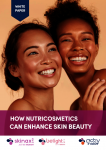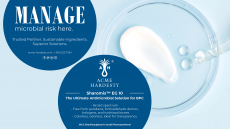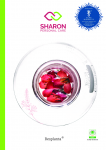UX in product design: 'Brands must continually evaluate consumer groups that remain underrepresented'
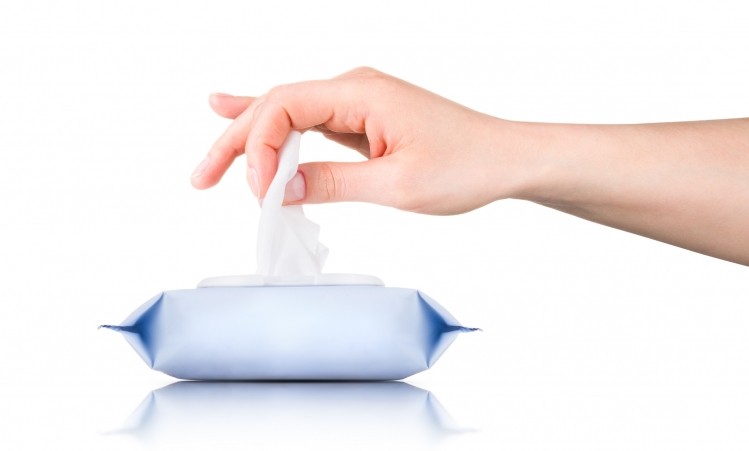
There have been a variety of "sensory beauty" product launches in recent years. Still, these were often designed to improve mental wellness, banish stress, or enhance sleep rather than cater to the needs of people with specific neurodivergent conditions, such as Autism Spectrum Disorder (ASD).
Yet according to the Centers for Disease Control and Prevention (CDC), an estimated 5,437,988 (2.21%) adults in the United States have ASD, with the highest numbers of these people living in some of the States with the most considerable spending power: California, Texas, New York, and Florida.
Those with a neurodivergent brain often have different needs and abilities than those with a neurotypical brain. They may feel sensory experiences differently, so beauty and personal care businesses could benefit from further exploring this 'global sensory landscape.'
Mapping global sensory landscapes
A 2019 study (published on MDPI) aimed to understand the global sensory landscape for facial cleansing/makeup remover wipes. The research was undertaken by the beauty and personal care giant Johnson & Johnson, the Center for Sensory Analysis and Consumer Behavior, Kansas State University, and a research firm that specializes in connecting sensory and consumer insights, Sensory Spectrum Inc.
Researchers sought to map out and identify the ideal facial cleansing wipe based on 71 attributes which were categorized into three areas:
- Visual and tactile cues
- Cleansing performance cues
- Skin look and feel after use
Researchers compared 13 different types of products on a wide range of criteria to gain insight into how to improve the consumer experience when using these products. These study results and existing consumer insights helped the R&D team establish strategies to guide product development for this category.
Reconsidering retail environments
According to Lauren Goodsitt, director of global beauty & personal care at Mintel, while some aspects of diversity are now commonplace, consumers with various disabilities often continue to be neglected. "As the cosmetics industry strives to be inclusive, brands must continually evaluate consumer groups that remain underrepresented to ultimately evoke change," she said.
She believed that along with considering the needs of those with neurodivergence in NPD, there were also opportunities for retail environments to be reassessed to accommodate these consumers better.
"Small in-store adjustments, such as sensory accommodations and varied staff communication styles, can help to support consumers with neurodevelopmental differences," she said.
Innovations for disabled consumers
Recent product innovations for consumers with various disabilities can inspire companies that want to consider the needs of those with neurodiversity. These examples include:
- Estée Lauder Companies' free Voice-enabled Makeup Assistant (VMA) app to help people with visual impairments apply makeup. "We spoke to individuals within the visual impairment community, and what became very clear was that they didn't have the independence they wanted when it came to using beauty and makeup products and they had to rely on others," says Monica Rastogi, executive director, corporate cultural relevancy and inclusion and diversity at ELC UK & Ireland.
- Makeup artist and entrepreneur Veronica Lorenz's Beautyblender tool and Vamp Stamp eyeliner, which she created after she survived a benign spinal cord tumor that caused her to lose dexterity in both hands.
- Vive Health's soft, non-slip foam applicator tubes are designed to give greater independence to those with ALS, Parkinson's Disease, Ehler-Danlos Syndrome, Rheumatoid Arthritis, neuropathy, and multiple sclerosis.
- Guide Beauty's makeup applicators with larger handles, created by makeup artist, founder, and Parkinson's sufferer Terri Bryant.
- Kohl Kreatives' Flex Collection Makeup Brushes with wide, super-grip handles for those with motor or neurological disabilities. "I noticed that people with low-vision issues were struggling to differentiate between brushes quickly and easily, as well as worrying about their products rolling off surfaces," says founder Trishna Daswaney.
- Unilever's Degree concept deodorant: created thanks to a collaboration with disabled consumers and an array of experts to make the application easier. Kathryn Swallow, Global Degree Brand VP, said: "More than 60 million people in the US live with a disability, yet products and experiences are still not designed with this community in mind."
Source: Cosmetics
Published: 2019, 6(3), 44; https://doi.org/10.3390/cosmetics6030044
Title: "Understanding the Global Sensory Landscape for Facial Cleansing/Makeup Remover Wipes"
Authors: H. Xing et al.
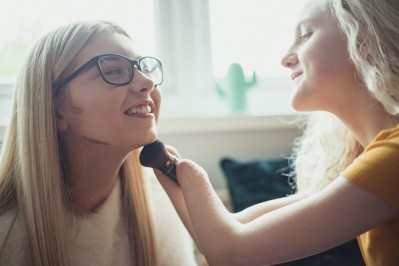

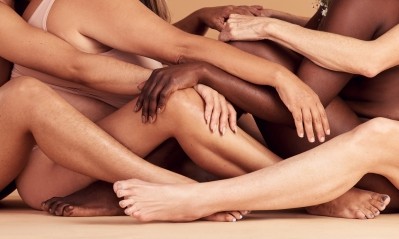
![As beauty transitions into 2023, its sharp focus on diversity and sustainability will continue to change the 'business as usual' approach [Getty Images]](/var/wrbm_gb_food_pharma/storage/images/_aliases/wrbm_medium/publications/cosmetics/cosmeticsdesign.com/article/2023/01/06/personal-care-products-council-president-talks-2023-beauty-trends-in-diversity-environment-and-regulation/16060781-1-eng-GB/Personal-Care-Products-Council-president-talks-2023-beauty-trends-in-diversity-environment-and-regulation.jpg)

